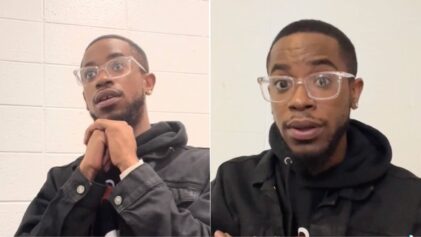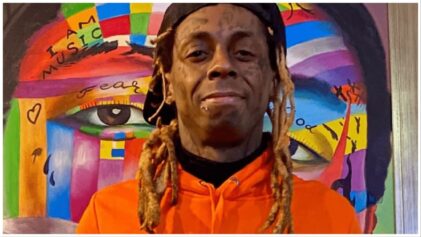They are an unlikely team of educational reformers.
Christopher Emdin is a Columbia University professor who likes to declaim Newton’s laws in rhyme. GZA is a member of the Wu-Tang Clan who left school in 10th grade. When the two men met this summer, at a radio show hosted by Neil deGrasse Tyson, the director of the Hayden Planetarium, they started talking about science and education — particularly, why science classrooms were failing to engage many African-American and Latino students, who together make up 70 percent of New York City’s student body. Only 4 percent of African-American seniors nationally were proficient in sciences, compared with 27 percent of whites, according to the 2009 National Assessment of Educational Progress.
GZA, 46, who was born Gary Grice, had just finished an extraordinary round of meetings with physicists at Harvard and the Massachusetts Institute of Technology, culling ideas for a coming solo album about the cosmos. Dr. Emdin, 34, an assistant professor of science education at Teachers College, was a lifelong hip-hop fan. They discovered a shared interest in merging their two worlds: GZA by bringing science into hip-hop; Dr. Emdin by bringing hip-hop into the science classroom.
Next month, the two men, along with the popular hip-hop lyrics Web site Rap Genius, will announce a pilot project to use hip-hop to teach science in 10 New York City public schools. The pilot is small, but its architects’ goals are not modest. Dr. Emdin, who has written a book called “Urban Science Education for the Hip-Hop Generation,” hopes to change the way city teachers relate to minority students, drawing not just on hip-hop’s rhymes, but also on its social practices and values.
Rap Genius, which recently received a $15 million investment from the venture capital firm Andreessen Horowitz, hopes to expand its site, where users annotate lyrics, into education. And GZA saw a potential hit: “You never know,” he said of their collaboration. “This could turn into something in the future as big as the spelling bee.”
Read more: NY Times


